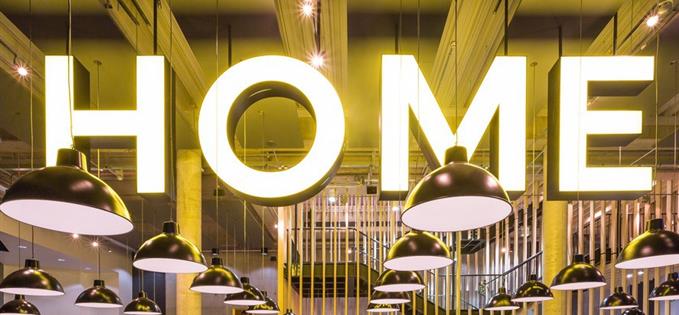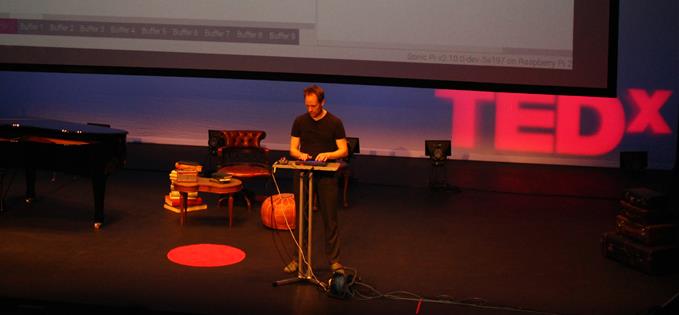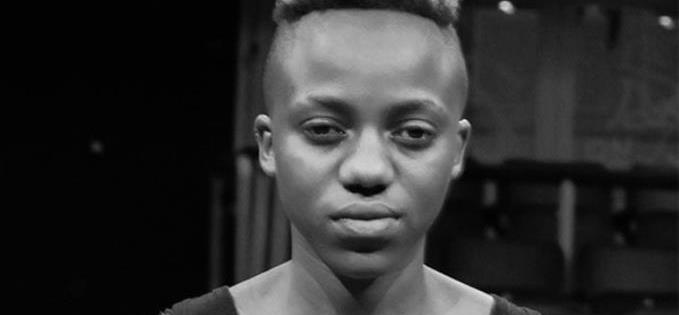FROM slums in Africa to the controversial US-Mexico border, what started as a single conference on ‘Technology, Entertainment and Design’ (geddit?) in 1984 has captured the globe: TED talks now take place in over 100 languages, surpassed one billion views in 2012 and have featured everyone from US Presidents to Nobel Prize winners. With a mission of ‘ideas worth spreading’ through talks of under eighteen minutes, TED now encompasses a multitude of projects that, together, aim to spark conversation and ultimately change the world.
Her passion for what she did was the most inspiring thing I’d seen all day
TEDx is just one offshoot, a series of local community events that use the global template and are planned and coordinated independently under a free TED license. Since its 2009 debut at the BBC, TEDxManchester - ironically founded by Korean-American Herb Kim - has appeared biennially to highlight some of Britain’s most exciting thinkers and germinate ideas that grasp the nation.
Taking place at HOME, 2016’s theme was ‘Passion & Purpose’, split loosely into three strands: social change, performance and technology, which was kicked off by Tom Cheesewright. An Applied Futurist (and close contender to the event’s co-curator, Isabelle Croissant, in the best surname stakes), Cheesewright argued we are all cyborgs: today’s electronic devices are amalgamations of our own brains, essentially making us human-robot hybrids. Yet, with the prospect of self-driving cars and robots that do our grocery shopping (more worryingly, with free rein over our credit cards), perhaps it’s time to consider how far we want the relationship to go...
 HOME hosted TEDxManchester 3
HOME hosted TEDxManchester 3This insightful start to the day was followed by Professor Rob proctor, whose talk I found overshadowed by unnecessary academic jargon, when the subject of ‘social media wildfires’ should have provided ample scope for revealing insights: particularly when considering how we can balance the harms of viral content with freedom of speech. Who are the gatekeepers? I was left none the wiser.
Fortunately, Sam Aaron did an admirable job of pepping up proceedings with, of all things, coding. The mere mention inspires shudders, which is why Aaron - mild-mannered Research Associate by day, live club coder by night - has invented a software programme that aims to dispel the negative myths about coding and make it more accessible. Sonic Pi has been used everywhere from Frankfurt festivals to primary schools and his demonstration on using it to create music was admittedly very engaging, seamlessly blending hi-fi and humour (although I for one am still not convinced that coding is easy).
Jeff Coghlan, founder of Matmi - a gamification company whose clients would make name-droppers salivate - also gave a persuasive speech. Despite joking that ‘gamification’ sounds like a gangrenous leg, Coghlan maintains the belief that making work more ‘game-like’ is important: teaching skills like teamwork (contrary to its antisocial adolescent stereotype) and problem-solving, whilst encouraging motivation. It seems that play really does pay.
A serial dater once called ‘the Wikipedia of online dating', Ian Forrester, made the audience chuckle when he seemingly tried to pick up a Valentine’s date, though his talk was more ambiguous: appearing to illuminate the con-ridden waters of online dating, how we’ve become disconnected in a hyper-connected world with our subsequent (desperate?) search for authentic relationship with movements like free hugs. He still online dates however...
Preceded by a comical video about a New York initiative called Improv Everywhere, Ed Carter rounded off the technology field with his work on the surprising overlap between acoustics and architecture.
 Sam Aaron demonstrating Sonic Pi
Sam Aaron demonstrating Sonic PiSocial change speakers were interestingly - perhaps significantly - all women. In Place of War’s Ruth Daniel gave one of the liveliest speeches of the day, describing three artist communities that have thrived in the most difficult of environments due to locals’ resilience, resourcefulness and determination. From dancing on cardboard boxes amongst the drug cartels of Columbia’s Medellín to a ‘hip hop agribusiness’ in Nigeria’s Gulu, the anecdotes were a harsh reminder of our own complacency. As were Aala El-Khani’s stories about families affected by war: with over 1.5 billion people afflicted and children often traumatised by parents struggling to cope, the Psychology Research Associate dedicated her PHD to helping Syrian migrants through ‘Bombs to Bread’, an inventive parenting programme delivered to refugee camps and warzones via leaflets tucked into bread wrappers.
Engineer Danielle George, meanwhile, tries to stimulate social change by encouraging more young people - women in particular - to work in STEM industries. The examples she gave of current projects were mind-boggling; for instance, a radio instrument that can detect a signal ten light years away.
Interwoven throughout were performances by bright young pianist Hayley Parkes, storyteller Jan Blake - who commented that ‘stories are templates, road maps to what it means to be a human being’ - and recently appointed Manchester University chancellor Lemn Sissay, whose powerful poetry was accompanied by gut-wrenching noises that left host Herb Kim thinking he was dying onstage.
My favourite session of the day, however, was Yandass Ndlovu; a charismatic nineteen-year-old dancer whose enthusiasm oozed from every pore. She had no ground-breaking revelations but her passion for what she did was the most inspiring thing I’d seen all day. Now that’s an idea worth spreading...
TEDx next takes place in Liverpool on Sunday 26 June; more info at tedxliverpool.com
 Yandass Ndlovu
Yandass Ndlovu(Home image credit netsource.co.uk)















